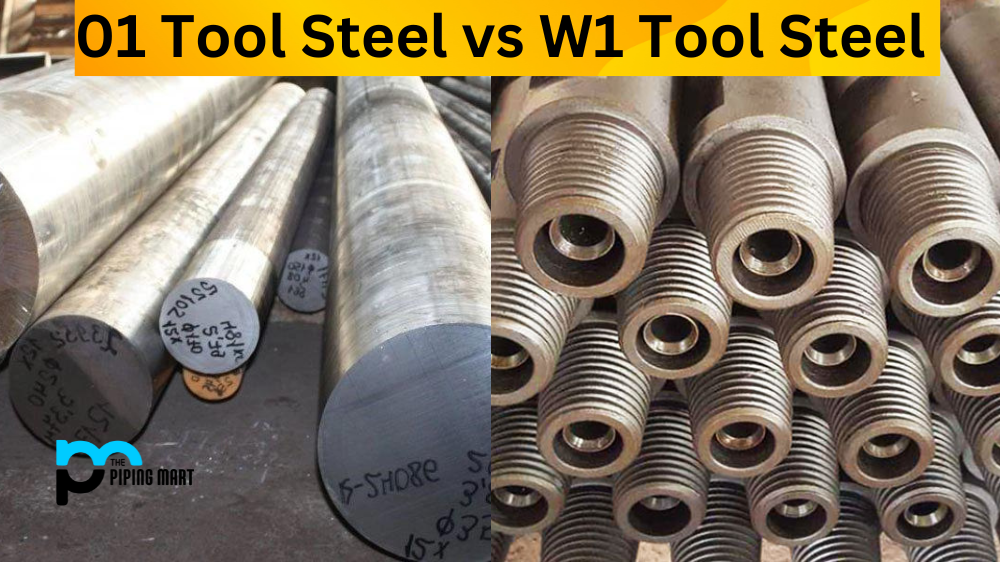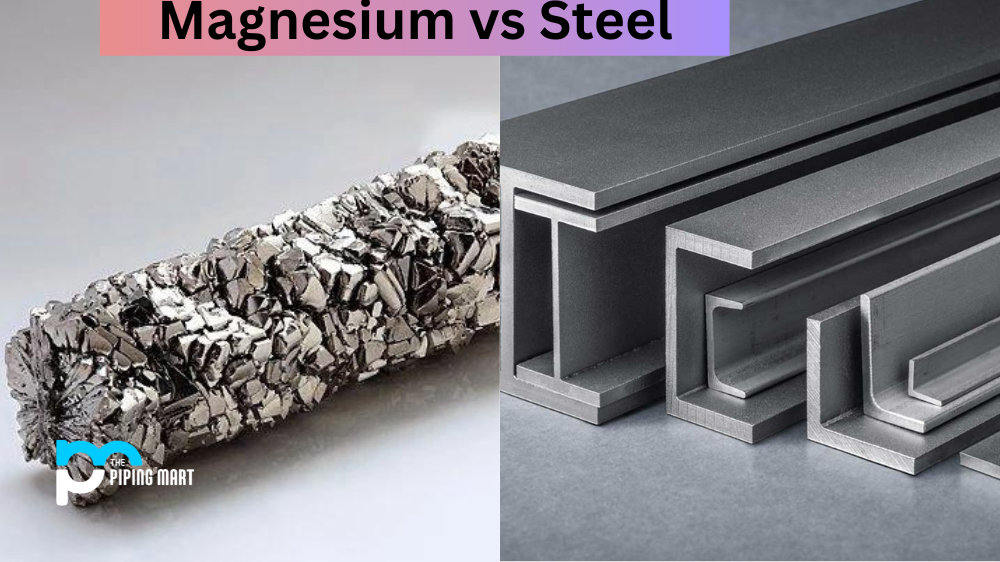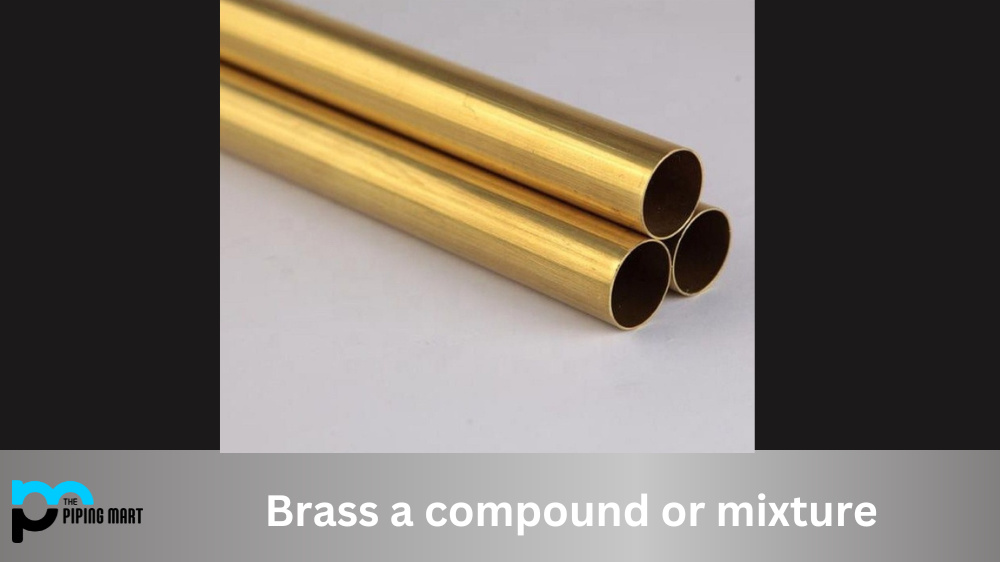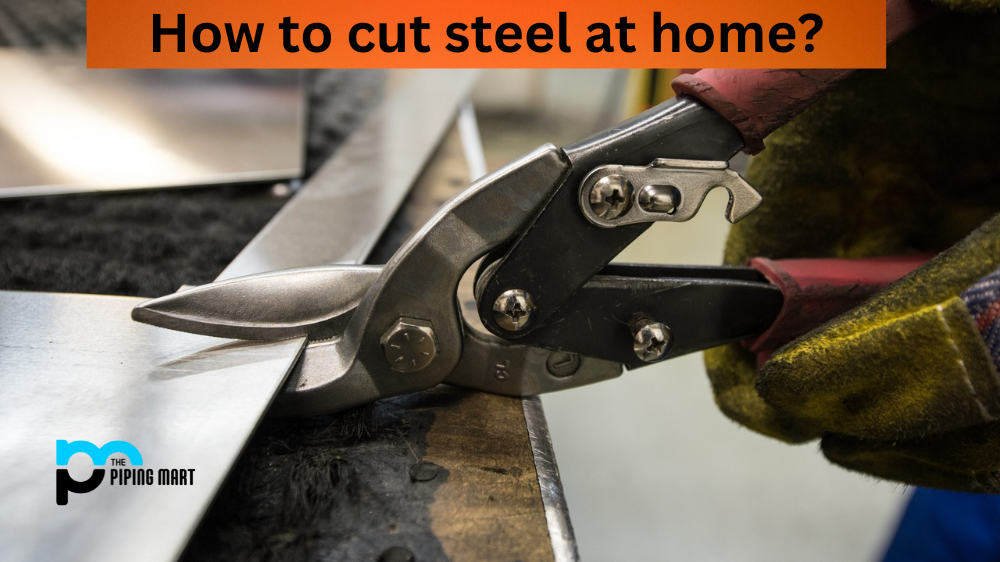When it comes to tool steel, there are countless options. And while each steel has its strengths and weaknesses, some tool steels are more popular than others. Today, we’ll compare two of the most widely used tool steels – 01 tool steel and W1 tool steel. We’ll examine their composition, hardness, toughness, machinability, and other properties to help you understand which tool steel is right for your project. So, let’s dive in!
What is 01 Tool Steel?
01 tool steel is carbon steel composed of iron, carbon, manganese, and chromium. It has a high carbon content, which makes it ideal for applications that require wear resistance and high hardness.
What is W1 Tool Steel?
W1 tool steel is water-hardening steel composed of carbon, manganese, chromium, and vanadium. It has a relatively low carbon content, which makes it easier to weld than 01 tool steel.
Difference Between 01 Tool Steel and W1 Tool Steel
Composition
The first factor to consider when choosing tool steel is its composition. 01 tool steel is a high-carbon steel alloy that contains 1.5% manganese, 0.9% chromium, 0.3% molybdenum, and 1% vanadium. On the other hand, W1 tool steel is a simple high-carbon steel that only contains 0.7-1.0% carbon. This means 01 tool steel is more complex and contains more alloying elements, making it more expensive and versatile than W1 steel.
Hardness
One of the most critical properties of any tool steel is its hardness, which affects its wear resistance and ability to hold an edge. 01 tool steel has a Rockwell hardness of 60-64, making it exceptionally hard and wear-resistant. W1 steel, on the other hand, has a slightly lower hardness of 60-62, but it’s still plenty durable for most cutting and forming applications.
Toughness
While hardness is essential, toughness is also necessary for many tooling applications. Toughness refers to a tool steel’s ability to resist chipping or breaking when subjected to sudden impacts or stresses. Although very hard, 01 tool steel is tough, making it ideal for punching, blanking, and forming dies. W1 tool steel is slightly less durable regarding toughness but is still reasonably robust for general-purpose tools.
Machinability
Machinability is another essential factor to consider when choosing tool steel. It refers to how well a material can be cut or shaped using machinery. Both 01 tool steel and W1 tool steel are classified as “medium” regarding machinability, which means they can be easily cut, drilled, and shaped with the proper tools. However, 01 tool steel’s complex composition means it’s more challenging to machine than W1 steel.
Other properties
In addition to the above factors, there are other properties of 01 and W1 tool steel to consider. For example, 01 tool steel is highly resistant to abrasion and has good dimensional stability, making it ideal for precision-cutting tools. W1 steel, on the other hand, is known for its impressive edge retention capabilities, making it popular for knives and woodworking tools.
Conclusion
In conclusion, 01 and W1 tool steel are reliable and versatile tool steels with unique properties and characteristics. While 01 tool steel is more complex, expensive, and harder than W1 steel, it also offers superior toughness and resistance to wear. At the same time, W1 steel is simpler, easier to machine, and has excellent edge retention, making it ideal for certain cutting and woodworking applications. Ultimately, the best tool steel for your project will depend on various factors, including your specific needs and budget. By considering the composition, hardness, toughness, machinability, and other properties of 01 tool steel and W1 tool steel, you can make an informed decision and choose the best tool steel for your needs.
Meet Heer, a dynamic and driven writer learning tricks of her trade in the metal industry. With a background in Digital Marketing, Heer brings a unique perspective to her writing, sharing valuable insights. Apart from blogging she like reading and hiking.




